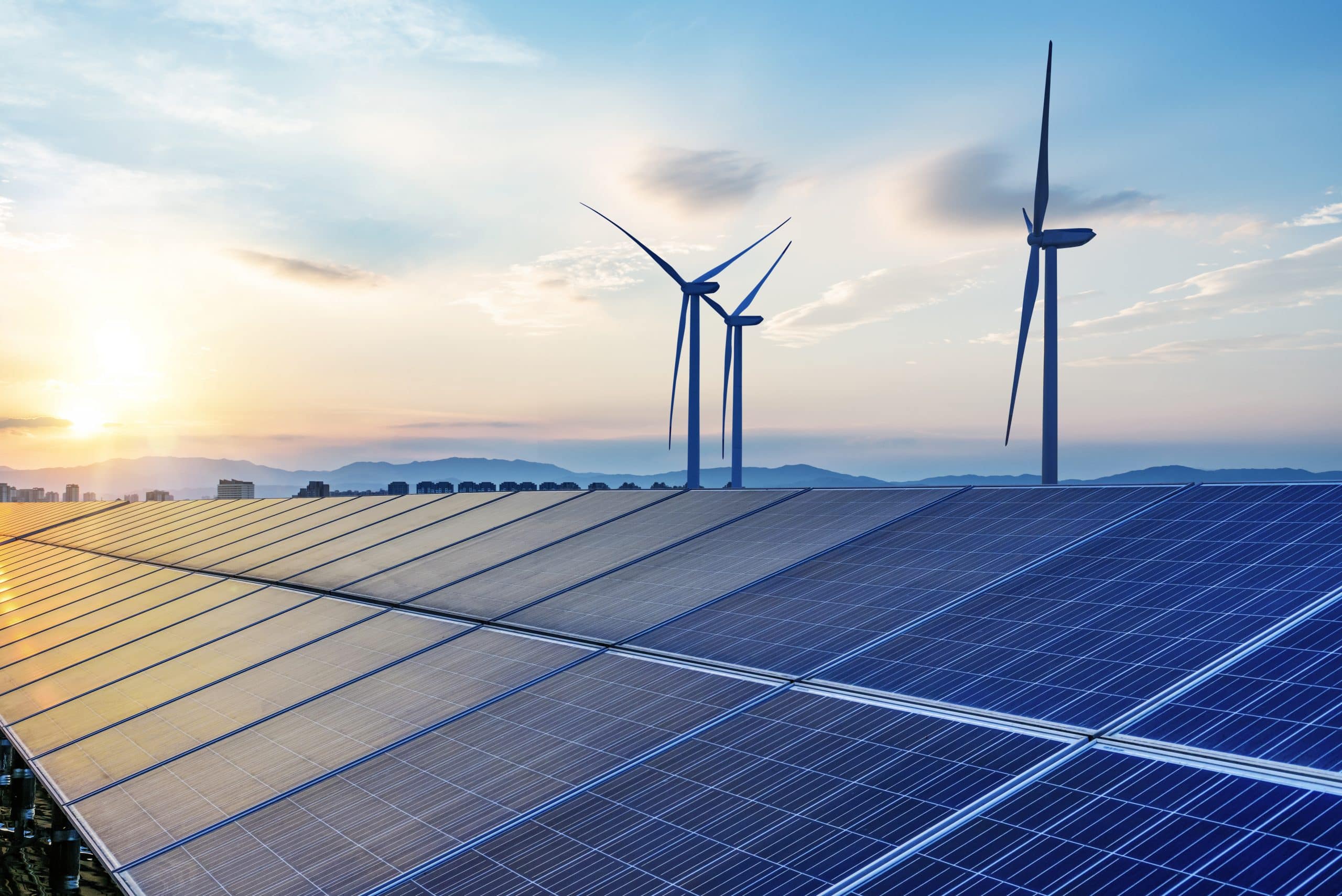The energy crisis is a pressing issue that companies must address to stay competitive in the market. Not only does the soaring cost of energy pose significant economic challenges, but it also highlights the urgent need for more sustainable business practices. As such, more companies are exploring innovative solutions to reduce their dependence on traditional energy sources and embrace a greener future. In a conversation with Antijn Koers, the Operations Director of Suplacon, we delved into the current challenges faced by companies, discussed potential solutions, and highlighted how our team at ADC can assist in these efforts.
The Role of Sustainability
As the energy crisis continues, companies are being forced to rethink their operations and find ways to reduce their energy costs and become more sustainable. Suplacon, a family-owned sheet metal supplier, is no exception. With over 45 years of experience in the industry, they specialise in high-tech metal components and are known for their innovative approach to supply chain management and their strong focus on digitalisation and automation.
As sustainable energy gains increasing attention, companies like Suplacon are exploring ways to comply with the European Parliament’s standards and the United Nations’ Sustainable Development Goals (SDGs). Rising energy costs are also prompting them to factor energy expenses into budgeting and invest in energy-efficient equipment to reduce consumption.
Suplacon’s Future-Proof Approach to Energy Management
The energy crisis has motivated Suplacon to take steps to become more efficient and sustainable in the future. Instead of viewing the energy crisis as completely negative, they also see it as an opportunity to become more resilient, sustainable, and future-proof. This approach not only addresses current issues but also prepares them for potential future challenges. For example, to ensure efficient resource usage and reduce costs, they actively monitor energy prices and consumption on a regular basis. By evaluating energy costs monthly, they can make more informed decisions about future contracts and investments, including further exploring sustainable options such as renewable energy.
In addition to monitoring energy consumption, purchasing green energy is a crucial step in improving a company’s environmental performance. Suplacon ensures this by utilising the Dutch Familiar Barometer, a tool that acts as an environmental temperature meter to quickly assess priorities and focus on reducing their carbon footprint. The barometer reveals that 80% of their carbon footprint comes from energy consumption. This highlights the significant impact energy consumption has on a company’s environmental footprint and the importance of taking steps to reduce it.
Furthermore, Suplacon is considering exploring the use of renewables such as solar and wind power. The company has also implemented further changes to their operations, such as switching to more energy-efficient laser cutting machines, which led to a 20% decrease in energy consumption. These are all steps that organisations can follow to stay competitive and be more sustainable in the future.
The Power of Sustainability in Securing Financing
By focusing on energy-efficient equipment and exploring renewable energy, Suplacon can easily demonstrate their commitment to sustainability when trying to secure financing. Banks and lenders are increasingly looking for companies that have taken concrete steps to decrease their carbon footprint and energy consumption. Organisations that fail to take action to reduce their environmental impact can be perceived as a high-risk investment by banks and lenders.
However, for companies that can demonstrate their commitment to sustainability and show measurable progress in reducing their carbon footprint, the benefits are substantial. It not only makes the company more appealing to lenders and investors, but it also helps the company stay competitive in the market.
How ADC Can Help
The energy crisis presents a valuable opportunity for companies to take a leading role in promoting environmental awareness and sustainability. As energy prices continue to rise, companies should actively seek innovative solutions to reduce their dependence on traditional energy sources. At ADC, we can help you develop a strategy to kickstart this transition by offering the following services:
- Data engineering: Data is often siloed across different systems, making it difficult to integrate and analyse in a meaningful way. This can limit the ability of decision makers to draw meaningful insights from the data about where they can improve on sustainability. Our data engineering team can help design and implement a scalable data-infrastructure.
- Advanced data analytics: Many organisations lack a clear understanding of their energy consumption. We can help you make sense of your energy-related data by transforming it into valuable insights that can support your decisions towards a more sustainable and cost-effective operation. By analysing and optimising your power load profile, we can also create a solution customised to your local energy production and the energy market price. For example, generating new insights with an energy production forecast based on weather patterns.
- Data visualisation: Without experts, data insights can be difficult to understand and translate into actionable steps. Our team can render these insights easily interpretable by anyone in your organisation via user-friendly and understandable dashboards. Consequently, this improves your ability to continuously make data-driven decisions.
From Crisis to Opportunity
The energy crisis serves as a call to action for companies to not only focus on cutting costs, but to also invest in a sustainable future. This is an exciting time for companies to embrace modern technologies and methods to reduce their environmental impact and actively shape a greener future. Overall, Suplacon’s approach, which includes investing in energy-efficient equipment and exploring renewable energy, is a strong example of how companies can take a proactive role in addressing responsible energy consumption for a sustainable economy.
Let's shape the future
Would you like to know more about Amsterdam Data Collective? Do you want to discover how we can help your organisation build a strategy to combat the rising costs of energy? Get in touch with Julia van Huizen or visit our contact page.

What stage is your organisation in on its data-driven journey?
Discover your data maturity stage. Take our Data Maturity Assessment to find out and gain valuable insights into your organisation’s data practices.







